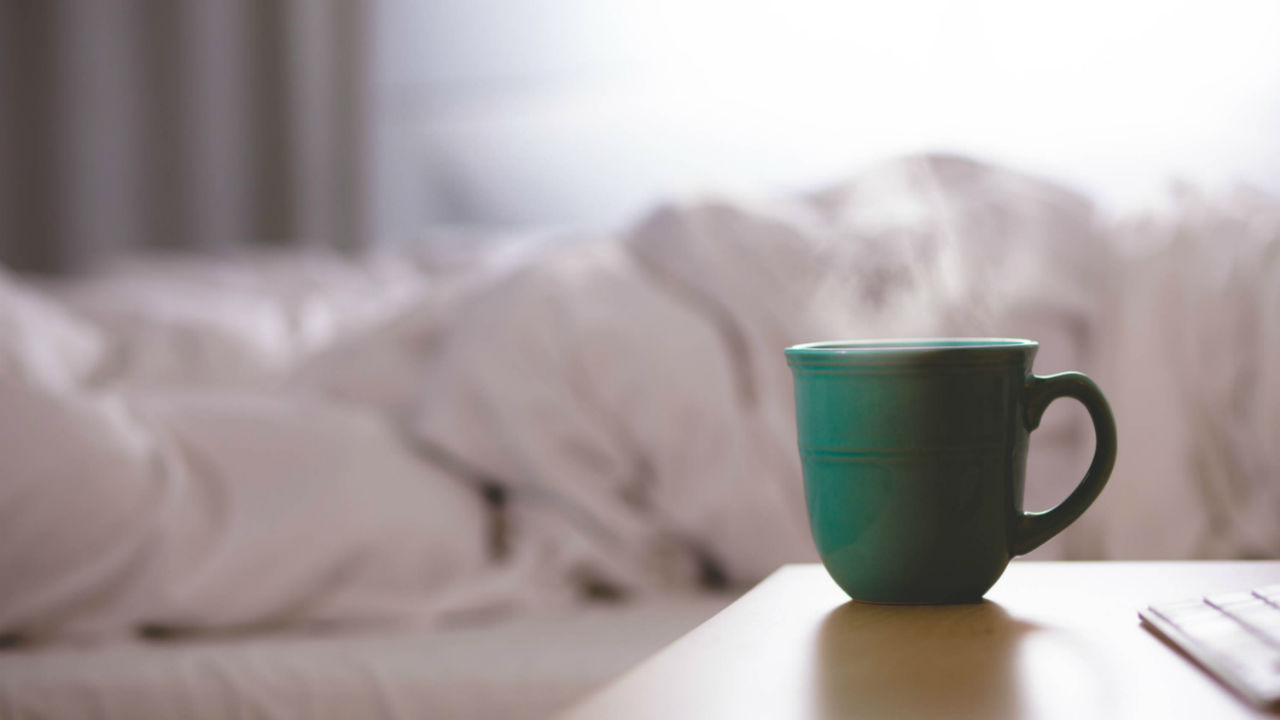 Via Pexels
Via Pexels
Sleep health isn't just about getting the right number of hours, it's also about the quality and timing of your sleep. Good sleep has a proper balance between rapid eye movement (REM) and non-REM sleep stages and is scheduled in sync with your body's circadian rhythms.
Here are eight tips to optimize all the important aspects of sleep health.
1. Create a Cave
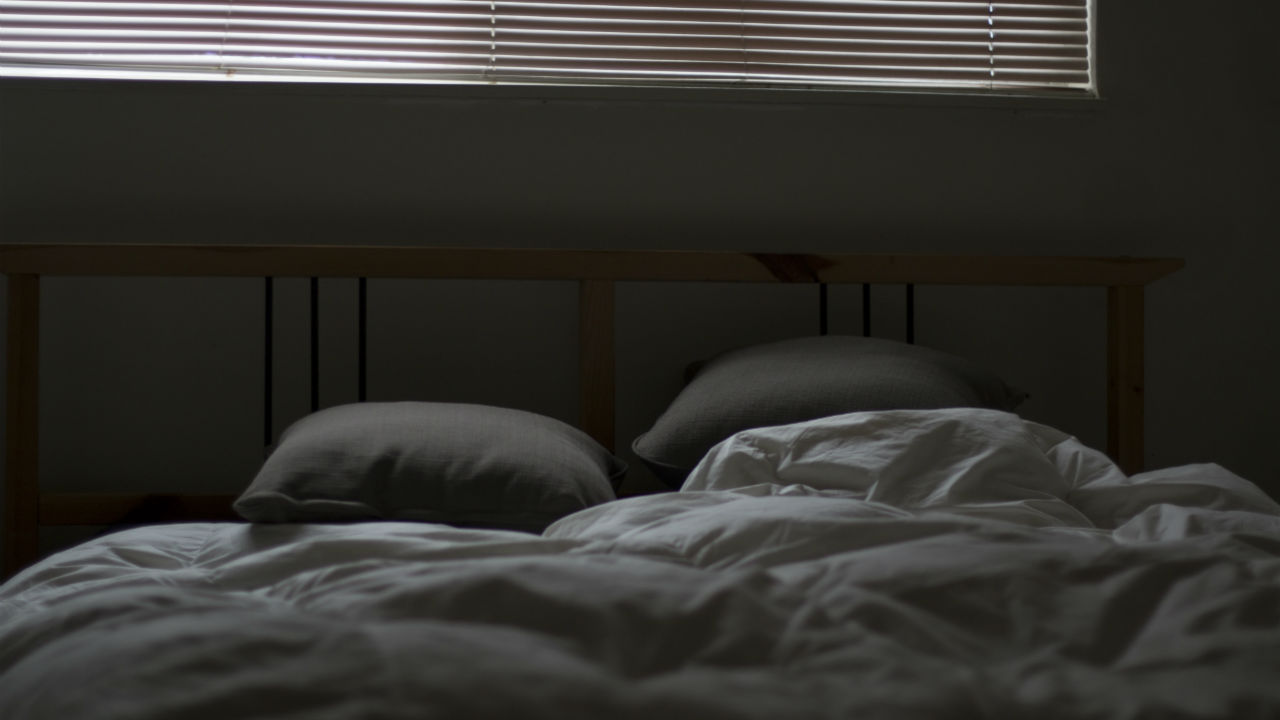
Via Unsplash
Your bedroom should be quiet, dark, and cool for sleep, just like a cave! Lower the volume of outside noise with earplugs or a “white noise” appliance. Use heavy curtains, blackout shades, or an eye mask to block light.
The room should be kept comfortably cool – around 65°F – and well ventilated. Also make sure your bedroom is equipped with a comfortable mattress and pillows.
2. Establish a Soothing Pre-Sleep Routine
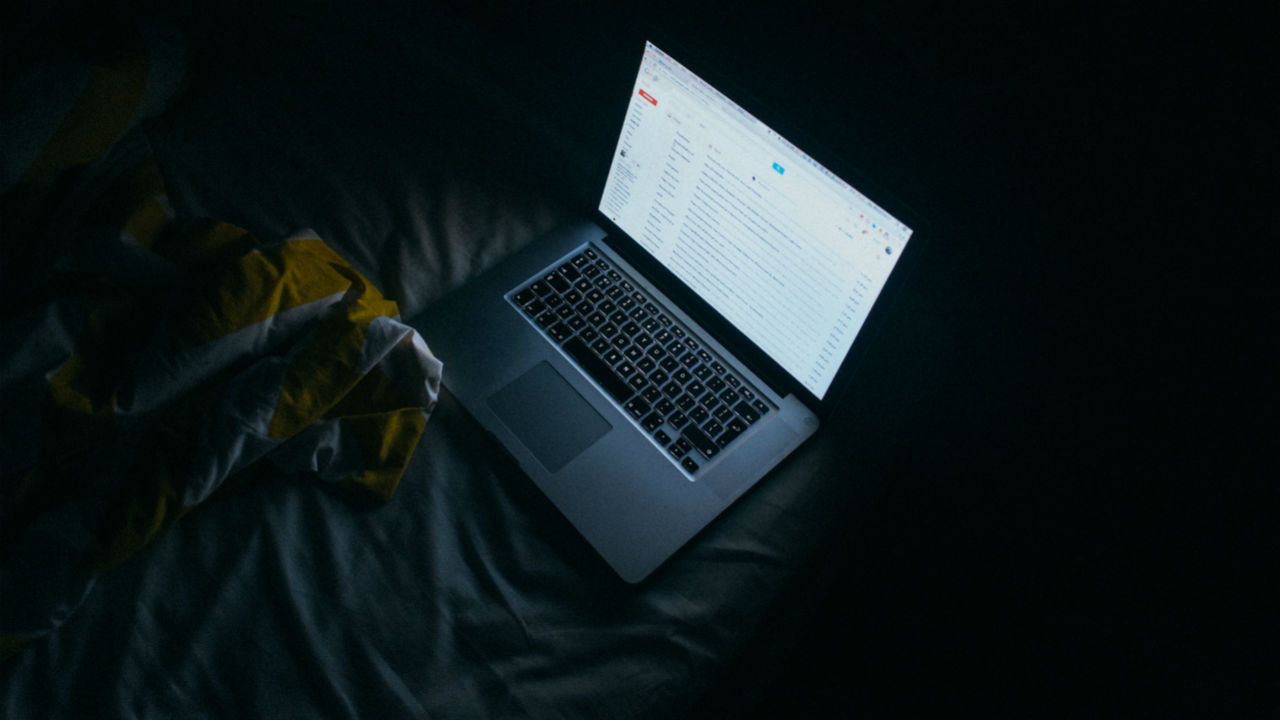
Via Unsplash
Avoid television, computers, tablets and smart phones before bed. Ease the transition from wake time to sleep time with a period of relaxing activities an hour or so before bedtime.
Take a bath — the rise, then fall, in body temperature promotes drowsiness. Read a book or practice relaxation exercises. Avoid stressful, stimulating activities — doing work, checking social media or discussing emotional issues.
3. Set an Alarm to Wind Down
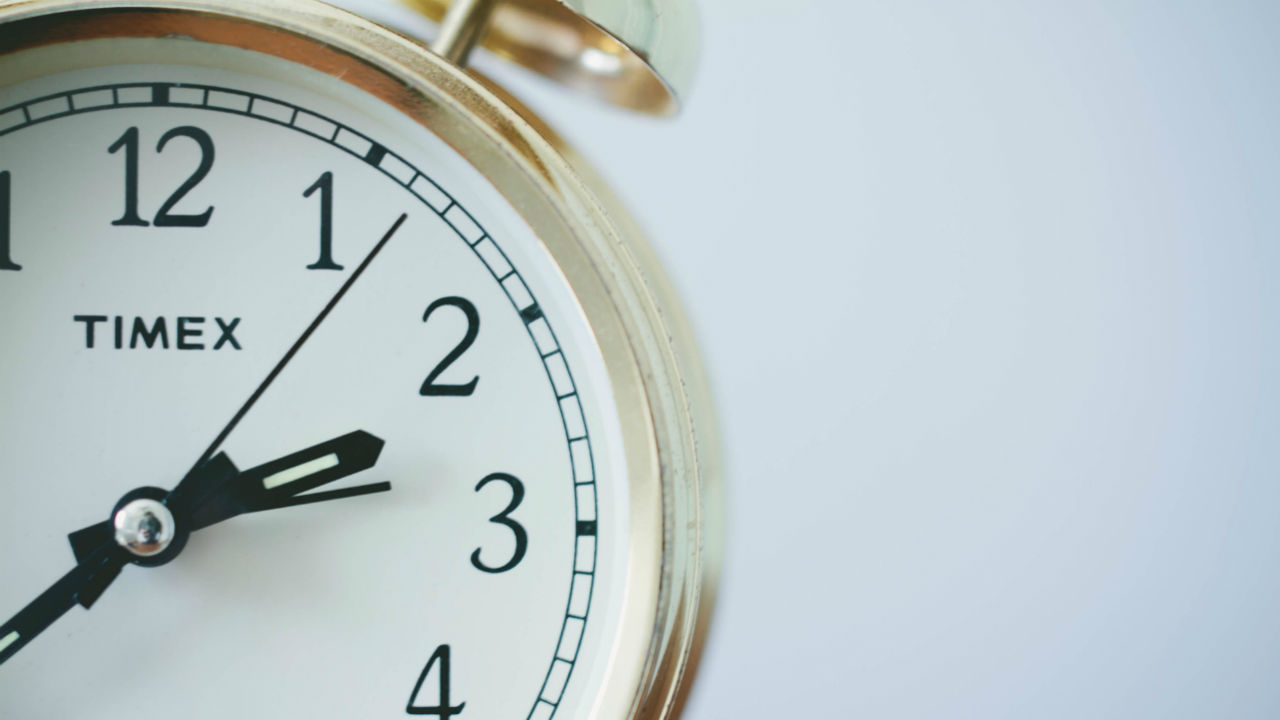
Via Unsplash
Going to bed and waking up at the same time each day helps keep the body’s internal clock in rhythm. Setting an alarm clock to remind oneself that it’s time to begin your pre-sleep shut down routine will help you stick to your routine.
Try staying on the same schedule on weekends to avoid a Monday morning sleep inertia.
4. Avoid Caffeine, Alcohol, Nicotine, and Other Chemicals that Interfere with Sleep

Via Pexels
Avoid caffeine (found in coffee, tea, chocolate, cola, and some pain relievers) for four to six hours before bedtime. Similarly, smokers should refrain from using tobacco products too close to bedtime.
Although alcohol may help us fall asleep, after a few hours it acts as a stimulant, decreasing the quality of sleep later in the night. Limit your alcohol consumption. It is best to limit it to three drinks or less per day as well as avoid drinking within three hours of bedtime.
5. Lighter “Late Night Munchies”

Via Pexels
Eating a sirloin steak or fast food at 10 p.m. may cause insomnia. Finish dinner several hours before bedtime and avoid foods that cause indigestion. If you get hungry at night, snack on simple, low-calorie snacks.
6. Go to Sleep When You’re Truly Tired
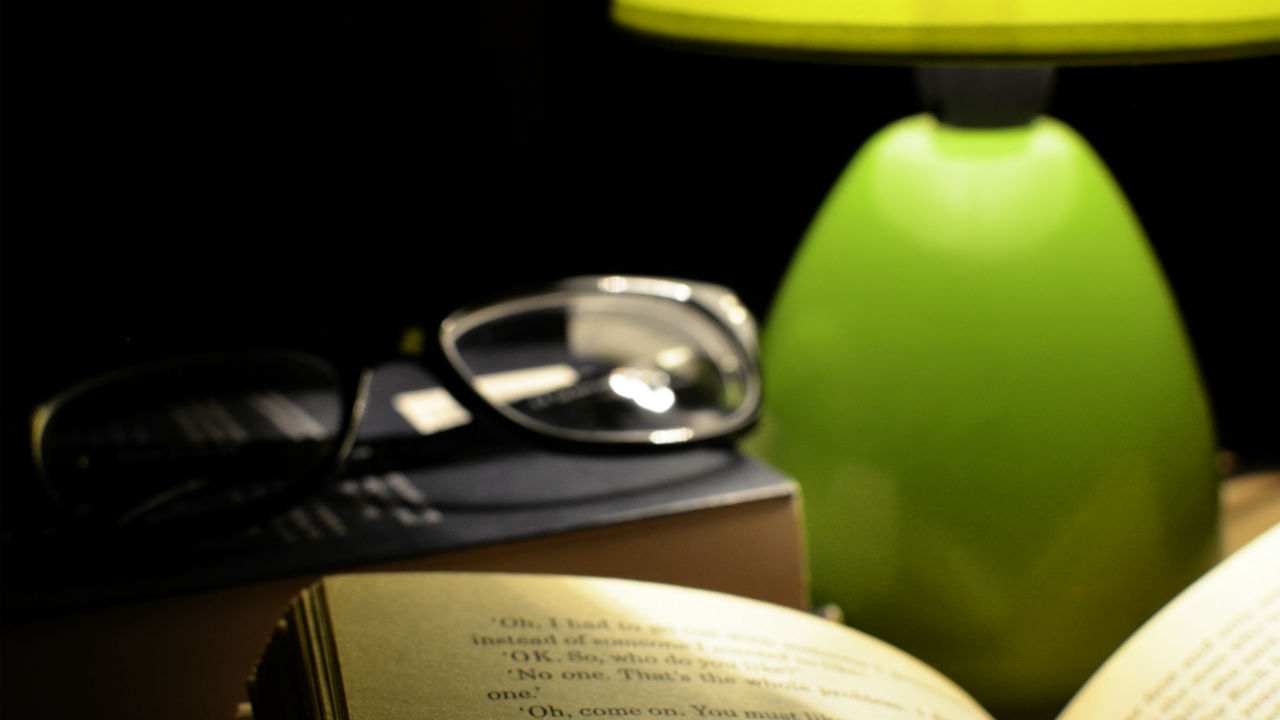
Via Pexels
Struggling to fall sleep just leads to frustration. If you’re not asleep after 20 minutes, get out of bed, and go to another room. Do something relaxing like reading or listening to music until you are tired enough to sleep.
7. Walking on Sunshine
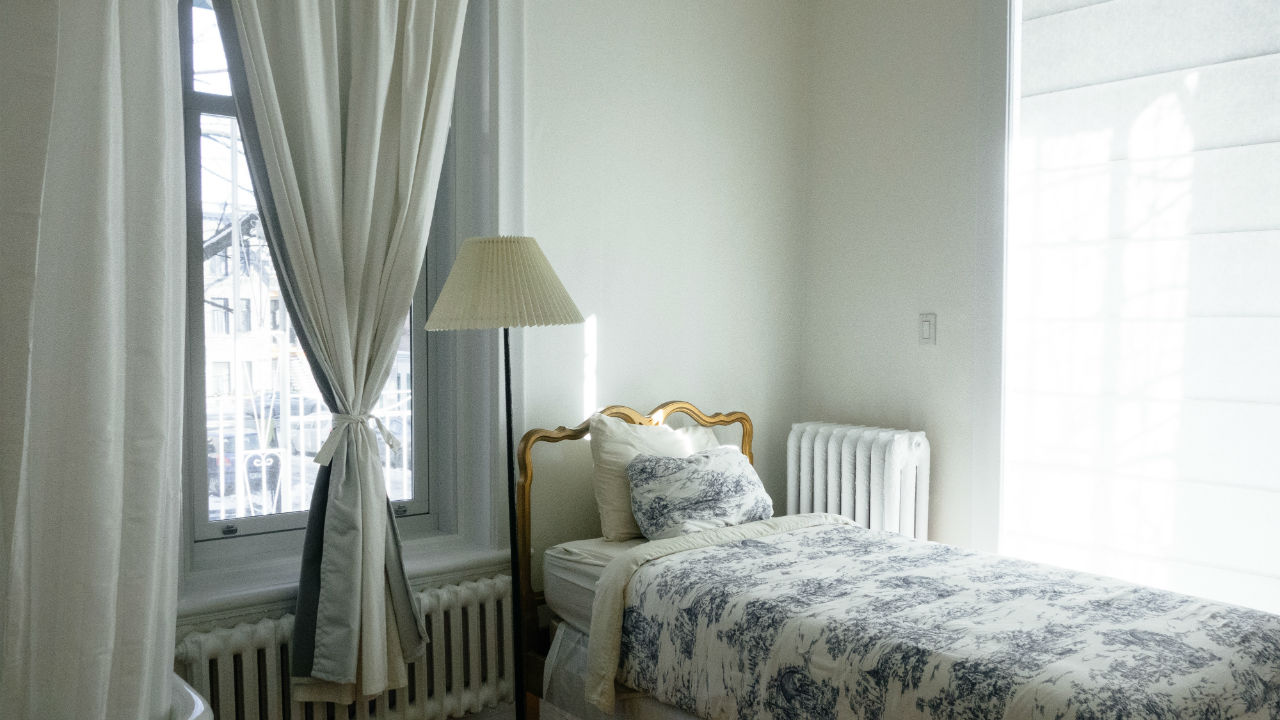
Via Unsplash
Natural light keeps your internal clock on a healthy sleep-wake cycle. Let light in first thing in the morning and get out of the office for a sun break during the day.
8. Seek Expert Help
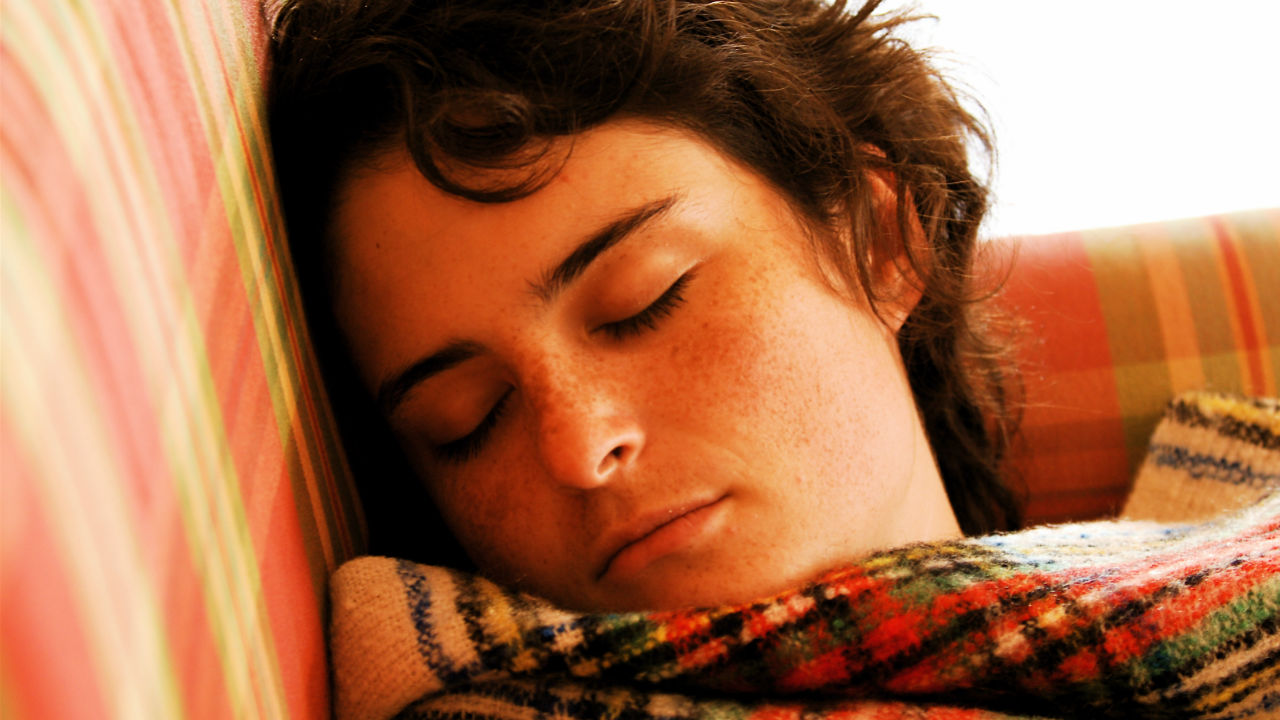
Pedro Ribeiro Simões/Flickr
If your sleep difficulties don’t improve through good sleep hygiene, consult your physician or a sleep specialist. Not all sleep problems are improved with healthy sleep habits. Your excessive sleepiness could be a sign of a sleep disorder.
Edited by Jody Smith

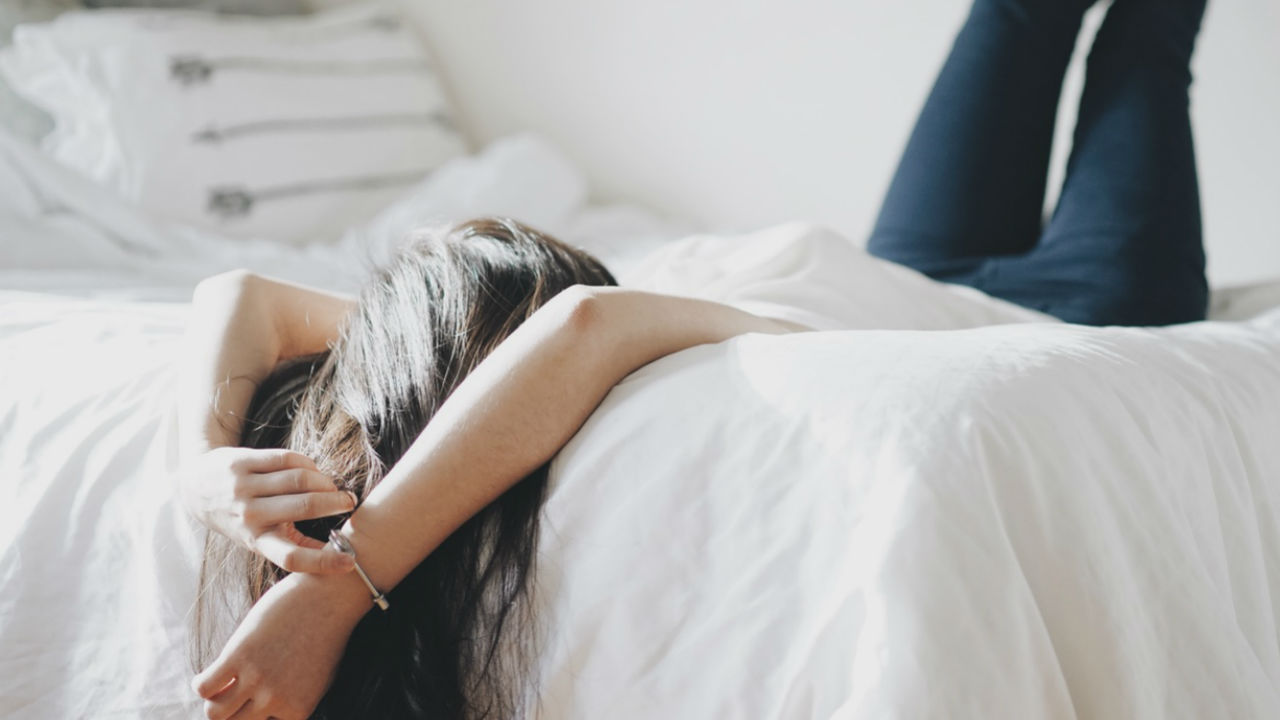




Add a CommentComments
There are no comments yet. Be the first one and get the conversation started!